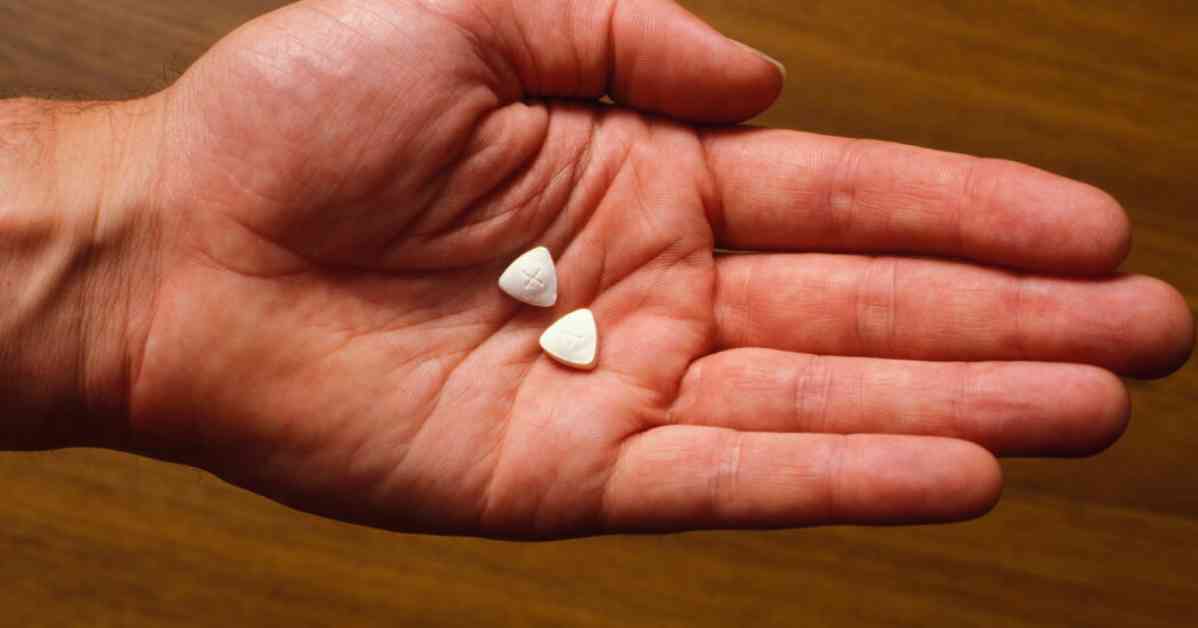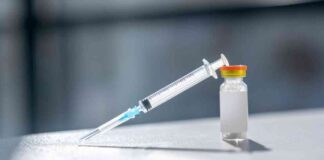The Food and Drug Administration (FDA) has made a decision regarding the approval of MDMA-assisted therapy for the treatment of post-traumatic stress disorder (PTSD). The FDA has declined to approve this therapy, stating that there is insufficient data to support its use. The agency has requested further studies to be conducted by the company seeking approval, Lykos Therapeutics, in order to assess the safety and effectiveness of the treatment.
This decision comes as a disappointment to many individuals who were hopeful for new treatments for PTSD. MDMA, also known as Ecstasy or molly, was designated as a “breakthrough therapy” by the FDA seven years ago, which can speed up the review process for new treatments. However, the lack of sufficient data has led to the FDA’s decision to require additional clinical trials before considering approval.
If approved, MDMA would have been the first psychedelic compound to be regulated by federal health authorities. This setback has left supporters of psychedelic medicine disheartened, as they had high hopes for the therapy’s potential. Some experts in the field, like Michael Pollan, expressed their surprise at the FDA’s decision, as they believed that the therapy’s promising data would be enough to overcome any flaws in the clinical trials.
The decision by the FDA was influenced by a group of independent experts who evaluated Lykos’s data and did not recommend the treatment. The experts raised concerns about the effectiveness of the treatment and whether its benefits outweighed the risks. While the FDA typically follows the recommendations of these expert panels, critics have pointed out the lack of expertise in psychedelic medicine among the panel members.
Overall, the FDA’s decision to require further research before approving MDMA therapy has significant implications for the field of psychedelic medicine. The additional clinical trials could potentially add years and millions of dollars to the approval process. Despite this setback, researchers and advocates in the field remain hopeful that further studies will provide the necessary data to support the approval of MDMA-assisted therapy for PTSD treatment.

















